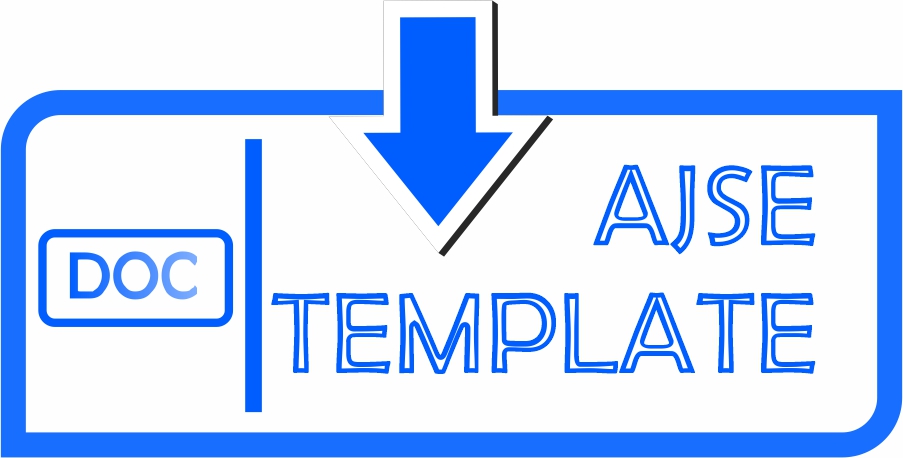FEASIBILITY ANALYSIS AND DESIGN PROJECTION OF WASTE MANAGEMENT SYSTEM IN BALIKPAPAN
Ubet Khoirudin(1*), Muslikhin Hidayat(2), Rochim Bakti Cahyono(3)
(1) Universitas Gadjah Mada
(2) Universitas Gadjah Mada
(3) Universitas Gadjah Mada
(*) Corresponding Author
Abstract
Waste generation in Balikpapan from 2016 to 2020 continues to increase by 443 to 482 tons per day. One of the efforts of DLH Balikpapan is to optimize the MRF and ITF facilities, as well as to analyze how much these facilities are needed to reduce waste generation at final disposal sites (Landfill) Manggar and enhance the durability of the landfill. The approach utilized in this study employs direct observation methods, such as data collection results on the amount of waste input and output, and secondary data, such as geometric methods and all data on waste generation in Balikpapan. The calculation of the feasibility and effectiveness analysis of the MRF inorganic waste processing facility using the recovery factor approach obtained 60.3%, while the ITF organic waste processing got a result of 45.7%.
With the current condition, Manggar Landfill can be used until the end of 2025, Manggar Landfill can be used until the end of 2025. By optimizing garbage processing in these two facilities, the MRF has expanded the service coverage to 3 urban villages and has a projected age of up to 2033. It will be optimized for ITF processing facilities by utilizing process biogas. The primary objective of this research is to determine how many additional processing sites are needed starting with household waste sources thus, the calculation findings show that an additional six units of MRF facilities and ten units of ITF facilities are required. As a result, with the addition of inorganic and organic waste processing sites, Manggar's Landfill estimated age is extended until 2028.
Keywords
Full Text:
PDFReferences
Balikpapan, W. K. (2018). Peraturan Wali Kota Balikpapan Nomor 38 Tahun 2018. Balikpapan: M. Rizal Effendi.
Aprilia, N. L. (2018). Perencanaan Teknis Tempat Pengolahan Sampah (TPS) 3R Kecamatan Jekan Raya Kota Palangkaraya. Surabaya: Nur Lailis Aprilia.
Lestari, M. P. (2013). Perencanaan Sistem Pengelolaan Sampah di Kecamatan Candisari Kota Semarang. Program Studi Teknik Lingkungan FT UNDIP, 1-9.
Statistik, B. P. (2016). Proyeksi Penduduk Kota Balikpapan Tahun 2010 - 2020. Balikpapan: BPS Kota Balikpapan.
Statistik, B. P. (2021). Kota Balikpapan Dalam Angka 2021. Balikpapan: BPS Balikpapan.
JICA. (2016). Project for Capacity Development of Central and Local Government for 3R and Domestic Solid Waste Management System in Indonesia. Jakarta, Palembang, Balikpapan: JICA.
Soesanto, A. P. (2018). Optimisasi Perencanaan Infrastruktur Pengelolaan Sampah Dengan Pemodelan Program Linier . Universitas Muhammadiyah Surakarta 2018, 1-14.
Hariastuti, N. P. (2013). Pemodelan Sistem Normatif Pengelolaan Sampah Kota. Jurnal IPTEK Vol 17 No.1 Mei 2013, 62-72.
Statistik, B. P. (2020). Kecamatan Balikpapan Selatan Dalam Angka 2020. Balikpapan: BPS.
Statistik, B. P. (2019). Kecamatan Balikpapan Selatan Dalam Angka 2019. Balikpapan: BPS.
W. K Balikpapan, Peraturan Wali Kota Balikpapan Nomor 38 Tahun 2018, Balikpapan, 2018.
Article Metrics
Refbacks
- There are currently no refbacks.
Copyright (c) 2021 ASEAN Journal of Systems Engineering

This work is licensed under a Creative Commons Attribution-ShareAlike 4.0 International License.
Universitas Gadjah Mada


